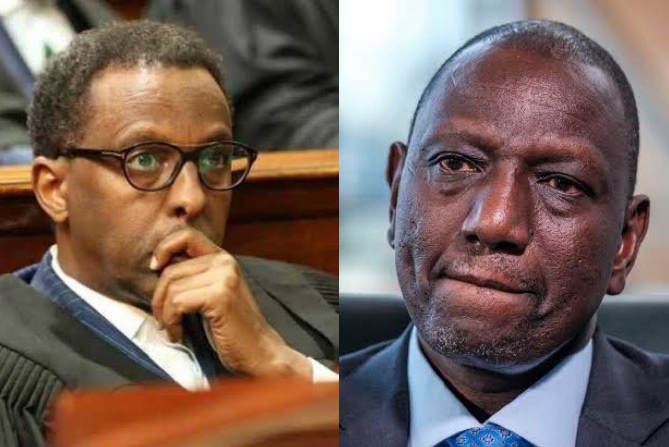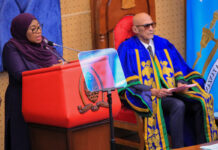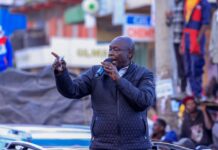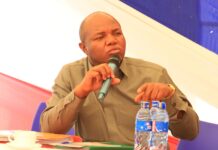Kenya’s judiciary has once again clipped the wings of President William Ruto’s administration, halting a directive intended to compensate victims of public protests.
The move has deepened tensions between the executive and the courts and reignited accusations from Ruto allies that judges are conspiring to derail government policy.
Prominent lawyer Ahmednassir Abdullahi claimed on Sunday that “JurisPESA judges” were working at the behest of political rivals to frustrate Ruto’s agenda.
“Mr President, please smell the coffee. You have two options. Fight back or surrender on Wamunyoro’s terms,” he said, using the nickname often deployed to refer to Ruto’s deputy turned rival Rigathi Gachagua.
It is not the first time Abdullahi has alleged hidden hands within the judiciary.
He has long sparred with Chief Justice Martha Koome, describing her as an activist judge bent on frustrating the government. Koome has pushed back, saying the judiciary will remain independent and accusing Abdullahi of cyberbullying.
“The independence of the judiciary is non negotiable. This is possible so that we can protect the state from becoming authoritarian,” she said.
The latest ruling adds to a growing list of government initiatives blocked or weakened by the courts.
The Finance Act of 2023, which introduced a housing levy on salaried workers, was partly struck down as unconstitutional. A new Affordable Housing Act passed in 2024 is has been facing endless petitions.
Efforts to roll out the Social Health Insurance Fund have been suspended and reinstated in a back and forth between the High Court, the Court of Appeal and the Supreme Court.
Other setbacks include the quashing of Ruto’s appointments of 50 Chief Administrative Secretaries, the nullification of a police and prison reforms task force led by former chief justice David Maraga, and the blocking of a presidential commission of inquiry into the Shakahola deaths.
Courts have also struck down a directive to form a multi agency anti corruption team, halted the privatisation of state firms and declared unconstitutional the deployment of Kenyan police to Haiti.
While Ruto has publicly increased funding for the judiciary, his allies accuse judges of working to undermine his presidency.
National Assembly Speaker Moses Wetangula has voiced frustration that most legislation passed by parliament ends up in court over claims of poor public participation.
The standoff has left the president juggling between conciliatory gestures and sharp criticism of judicial decisions.
The battle between State House and the courts shows no signs of abating.



















